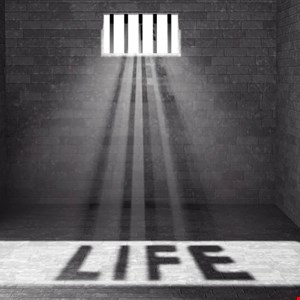- Broadcom grows revenues by 20% following VMware purchase, as customers fume about subscription costs
- How global threat actors are weaponizing AI now, according to OpenAI
- The viral Air Purifier Table is my smart home's MVP (and it's on sale for $179)
- Grab the Galaxy S25 Edge for $170 off and get a free Amazon gift card - but act fast
- How I learned to stop worrying and love my health tracker
Hydra Market Leader Sentenced to Life by Moscow Court

The so-called “organizer” of one of the world’s biggest dark web marketplaces has been sentenced to life in prison by a Moscow court.
Stanislav Moiseyev was also ordered to pay a fine of four million roubles, while 15 accomplices were sentenced to imprisonment for terms ranging from 8-23 years, with fines totalling 16 million rubles, according to the Moscow Prosecutor’s Office.
“The convicts will serve their sentences in special and strict regime penal colonies,” it said in a statement.
Active since at least 2015, Hydra Market grew to become the largest marketplace of its kind by the time it was dismantled by German and US investigators seven years later.
It enabled the trade of illegal narcotics, stolen data, forged documents, hacking-for-hire and money laundering services, raking in $1.3bn in 2020 alone thanks to 17 million registered customer accounts and over 19,000 registered sellers.
Read more on Hydra: Dark Web Market Revenues Sink 50% in 2022
According to court documents, the criminal network behind the operation worked in various regions of Russia and Belarus.
“In total, in various constituent entities of the Russian Federation, during the liquidation of the activities of the criminal community, during searches of the defendants’ residences, houses adapted for laboratories for the production of prohibited substances, garages used for storage, cars equipped with special hiding places, law enforcement officers seized almost a ton of narcotic drugs and psychotropic substances,” the court claimed.
The judgement is notable for its severity, given that most cybercriminals operating in the region are tacitly allowed to continue their activities as long as they’re directed outside the country, at victims in the West and other nations hostile to Russia.
It comes just days after Russian media revealed the arrest of Mikhail Pavolvich Matveev (aka WazaWaka), wanted by the US as a suspected affiliate of ransomware groups Babuk, Conti, Darkside, Hive and LockBit.

